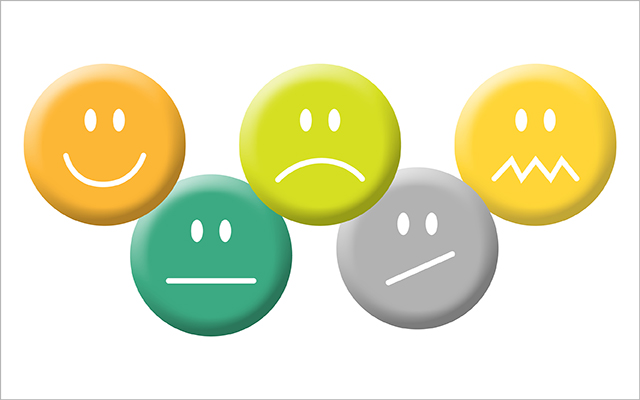I recently celebrated what some might consider a rather morbid milestone: I’ve now lived longer than my father did.
I was 28 when he died of cancer. He’d lived for 60 years, seven months, and 11 days. I’m posting this at the ripe old age of 60 years, seven months and 23 days. Mission accomplished.
It’s only a number, I know, but it’s something that tends to stick in your head when a parent dies so young. You can’t help wondering about the genetics at work, the DNA you inherit that may or may not condemn you to an abbreviated lifespan. Every one of Dad’s brothers and sisters suffered from heart disease; he actually outlived a few of them. So you wonder if maybe you’ve been dealt the same hand.
But, as the Zen monk said moments after tumbling off the roof of the temple, “So far, so good.” My older brothers (68 and 65) are hanging in there, and I don’t seem to be doing too badly either. Still, I read the obits every day and am regularly reminded that folks trip over death’s doorstep when they least expect it. And I don’t think that ignoring that reality is particularly healthy — especially once you hit late middle age, or whatever it is we’re calling the 60s nowadays (70 is the new 40, I hear).
In fact, a recent meta-analysis of studies by researchers at the University of Missouri suggests that actively thinking about death is much more constructive than we’ve been led to believe. “There has been very little integrative understanding of how subtle, day-to-day, death awareness might be capable of motivating attitudes and behaviors that can minimize harm to oneself and others, and can promote well-being,” lead author Kenneth Vail said in this month’s edition of Personality and Social Psychology Review. “The dance with death can be a delicate but potentially elegant stride toward living the good life.”
Thinking about your demise, for instance, can make you more empathetic and compassionate. In one of the studies Vail and his colleagues reviewed, researchers found that people were 40 percent more likely to help someone in need when inside a cemetery than even a block away. Another study showed that “an increased awareness of death” led to more understanding and compassion between American and Iranian religious fundamentalists.
And, not surprisingly, other studies found that folks who were reminded of their mortality tended to take better care of their health. I think we all got that message after Dad died and, while each of us have taken different paths toward that goal, it’s something I’ll bet all of my siblings think about pretty much every day. I know I do.
That’s not a bad legacy left to us by a guy who left us too soon.


This Post Has 0 Comments